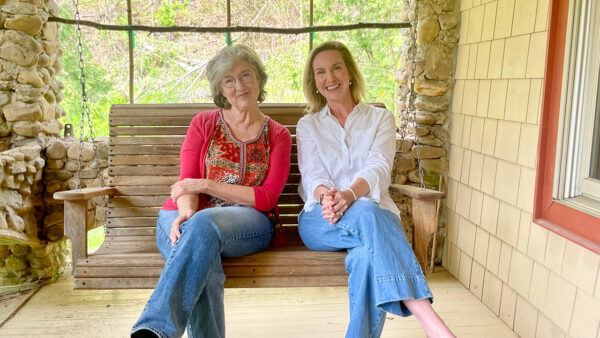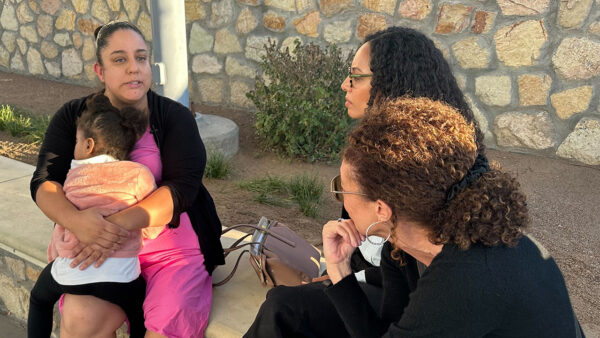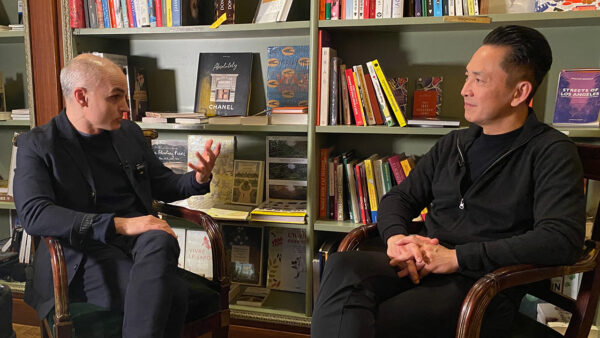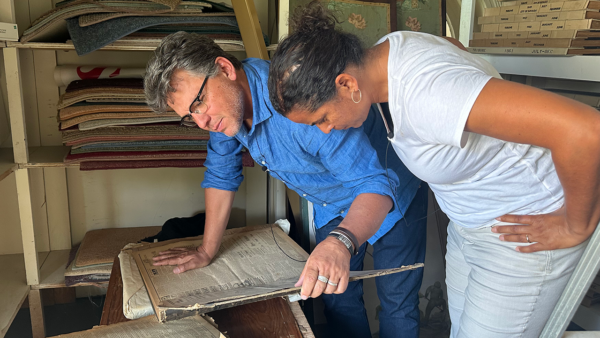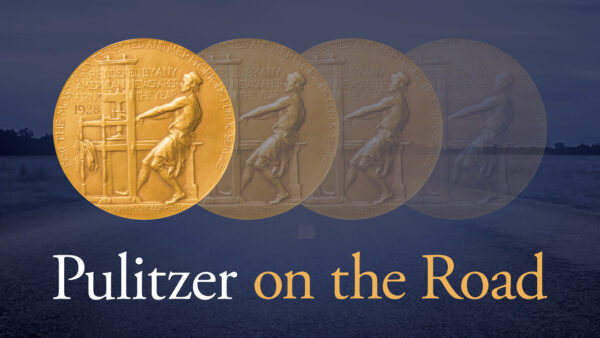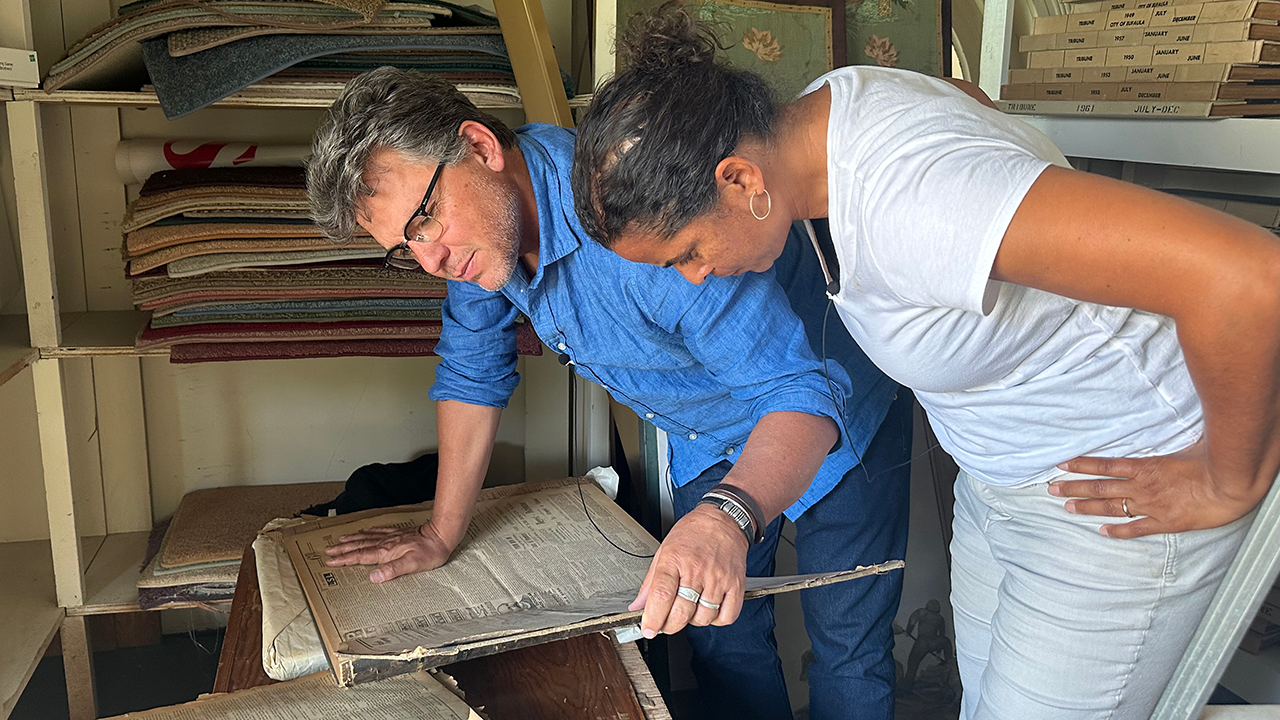
Freedom to Dominate
April 8
“They appeared out of second-story windows, they appeared out of first-story windows, they came pouring out of doors, and they opened fire on Black voters in the streets. Voters were lucky to make it out alive. Many did not.”
On Election Day in November 1874 in Eufaula, Alabama, whites shot at Black voters, killing and injuring many people while leaving others to run for their lives. The impact of this massacre? As 2023 History winner Jefferson Cowie explains, it “brought about the collapse of Black voting in Barbour County.”
In this episode of the “Pulitzer on the Road” podcast, Cowie takes us to Eufaula to talk through his Pulitzer-winning book, “Freedom’s Dominion: A Saga of White Resistance to Federal Power.” He visits some of the city’s key sites: its Confederate monument, its Carnegie library, and one of its antebellum mansions, once the residence of a wealthy cotton plantation and now a historical museum celebrating the ways of the “old South.” He tells the story of a place defined by its resistance to federal power and by a desire to return to “traditions” dependent on the enslavement, torture, and domination of Black Americans. Cowie explains that this freedom being fought for always included the freedom to dominate others.
“What are people talking about when they say freedom?” Cowie says in conversation with Pulitzer Board member Kelly Lytle Hernández, a professor of history, African American studies and urban studies at the University of California, Los Angeles. “Too often, if people are crying freedom in an abstract way, I’m hearing ‘I want power.’”
A full transcript of this episode is available here.
Liner notes with details on the original music found in this week’s episode can be found here.
Learn more about our guests in this episode:
Jefferson Cowie holds the James G. Stahlman chair in History at Vanderbilt University. He is the author of three books, including “Stayin’ Alive: The 1970s and the Last Days of the Working Class,” and his work has appeared in numerous outlets including “Time,” “The New York Times,” Foreign Affairs, and Politico. He lives in Nashville, Tennessee.
Kelly Lytle Hernandez is a professor of History, African American Studies, and Urban Planning at UCLA where she holds The Thomas E. Lifka Endowed Chair in History and is the Director of the Ralph J. Bunche Center for African American Studies at UCLA. Lytle Hernandez is the author of award-winning books, including: “Migra! A History of the U.S. Border Patrol,” “City of Inmates: Conquest, Rebellion, and the Rise of Human Caging in Los Angeles,” and “Bad Mexicans: Race, Empire, and Revolution in the Borderlands.” Lytle Hernandez also leads the Million Dollar Hoods research initiative, which maps the fiscal and human cost of mass incarceration in Los Angeles. Named a MacArthur Fellow in 2019, Professor Lytle Hernandez is also a member of the Society of American Historians, the American Academy of Arts and Sciences, and the Pulitzer Prizes Board.





